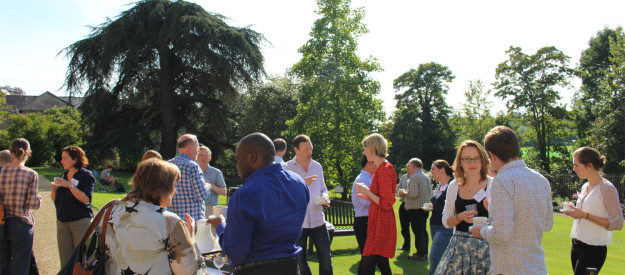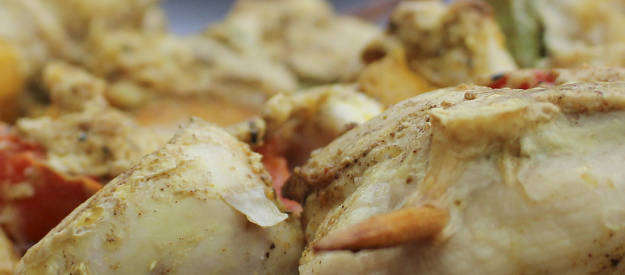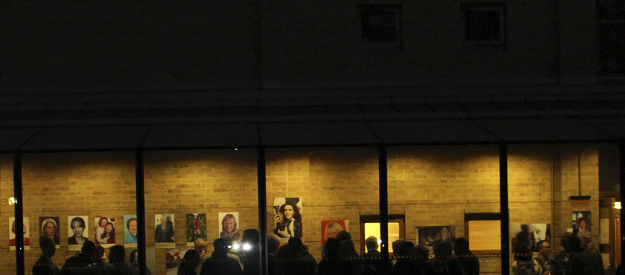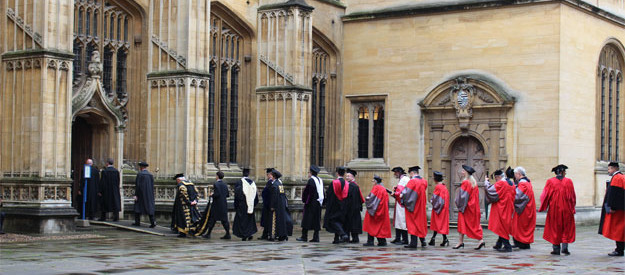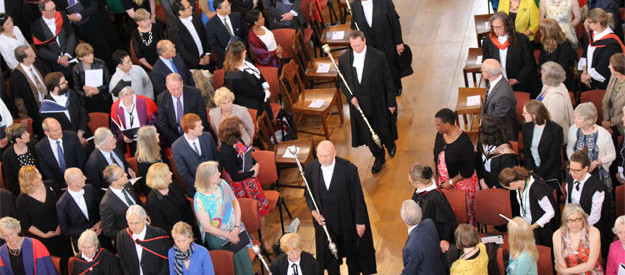Welcome to the Oxford Emerging Viruses Symposium
The symposium will focus on applied research on surveillance and control strategies for emerging viruses.
We welcome proposals for oral and poster presentations in the following general areas of applied areas of virology and serology. We particularly encourage final year doctoral students and early/mid career postdoctoral researchers/junior group leaders to submit oral abstracts, as we believe this event will provide their research an excellent exposure, critical analysis by attending senior researchers and new career opportunities:-
o New serological/immunological assays
o Use of surrogate viruses, e.g., VLP/Pseudotype viruses, for serology
o Correlates of protection
o Standardization of serological assays
o T cell and B cell assays
o Comparative serology
o Epidemiology and control
o Immunogenicity testing of novel vaccines and therapeutic antibodies
If you are interested in presenting at this symposium, please get in touch with us on ‘FluOxford@gmail.com‘.
We look forward to your participation in Emerging Viruses 2017.
Co-Chairs:
Dr Nigel Temperton, Medway School of Pharmacy, University of Kent, UK
Dr Simon Scott, Medway School of Pharmacy, University of Kent, UK
Speakers and agenda
Day 1: Monday, 04th September
1300: Registration and accommodation check-in
1350: Welcome and housekeeping
1400: Professor Oliver Pybus (Keynote), Professor of Evolution & Infectious Disease, University of Oxford, UK
Title: Analysis of Emerging Epidemics in the Era of Real-time Pathogen Genomics
1440: Dr Teresa Lambe, Senior Research Associate, University of Oxford, UK
Title: Preclinical Assessment of Viral Vectored Vaccines against Outbreak Pathogens
1510: Dr Giada Mattiuzzo, Postdoctoral Scientists, NIBSC-MHRA, UK
Title: Establishing a WHO International Standard for Zika virus antibody
1530: Mr Martin Mayora Neto, PhD Student, University of Kent, UK
Title: Generation and lyophilisation of high titre Ebolavirus and Marburgvirus pseudotyped lentiviruses for use in antibody neutralisation assays
1545: Dr Michael Fiebig, Head of Business Development, Absolute Antibody Ltd, UK
Title: Recombinant and Engineered Antibodies in Virology Research
1615: COFFEE, POSTERS & NETWORKING (Dining Hall)
1645: Professor Brian Willett (Keynote), Professor of Viral Immunology, University of Glasgow, UK
Title: Enhanced immunosurveillance for emerging morbilliviruses of livestock using vesicular stomatitis virus (VSV) pseudotypes
1725: Miss Charlene Adaken, PhD Student, University of Liverpool, UK
Title: Characterisation of convalescent plasma using an EBOV GP HIV-1 pseudo-typed assay
1740: Professor Jonathan Ball (Keynote), Professor of Molecular Virology, University of Nottingham, UK
Title: Genetic markers of host adaptation following epizootic and zoonotic transmission
1820: Close
1915: Networking dinner (by prior booking or invitation only)
Day 2: Tuesday, 05th September
0930: Welcome coffee and networking (Dining Hall)
1000: Professor Miles Carroll (Keynote), Director of Research, Public Health England, UK
Title: Naturally acquired immunity to EBOV: implications for sub-symptomatic infections and vaccine development
1040: Dr Holger Hannemann, Staff Scientist, The Native Antigen Company Ltd, UK
Title: Development of serological assays for Zika virus infection – the challenges seen against a background of endemic Dengue virus infection
1110: Dr Simon Frost, Reader in Pathogen Dynamics, University of Cambridge, UK
Title: A syndemic of blood-borne RNA viruses in a social group of wild non-human primates
1140: Dr Claire Colenutt, Postdoctoral Scientist, The Pirbright Institute, UK
Title: Environmental sampling as a surveillance tool: Application to foot-and-mouth disease virus
1200: Miss Nisreen Okba, PhD Student, Erasmus Medical Center, Rotterdam, the Netherlands
Title: Sensitive and specific detection of MERS-coronavirus antibodies in human cases with mild infections
1215: Dr K Allison Hinds (Special Guest Lecture), USA
Title: Gene Editing: A US Department of Defense & Joint Staff Perspective
1235: LUNCH & POSTERS (Dining Hall)
1330: Professor Ian Jones (Keynote), Professor of Virology, University of Reading, UK
Title: Novel candidate vaccines for emerging and re-emerging viruses
1410: Dr Nigel Temperton, Senior Lecturer, University of Kent, UK
Title: Studying the antibody response to newly emerging flu viruses with pseudotypes
1430: Professor James Wood (Keynote), Head of Department of Veterinary Medicine and Alborada Professor of Equine and Farm Animal Science, University of Cambridge, UK
Title: Persistence of highly pathogenic viruses in fruit bat populations in West Africa
1510: Wrap up
Posters
If your abstract has been accepted for presentation but it does not appear in the list below, please let us know as soon as possible by email on FluOxford@gmail.com.
Investigating membrane viral bending proteins in coronavirus replication
Entedar A Alsaadi1, Benjamin, W Neuman2, Ian M Jones1
1 Biological Sciences, University of Reading, Whiteknights, RG6 6AH, UK
2 Biological Sciences, texas A&M, University of Texarkana, USA
The coronavirus envelope spike (S) glycoprotein causes fusion between virus and host cell membranes. The fusion peptide has yet to be definitively identified but bioinformatics analysis suggests that it may be located near the amino terminus of the S2 region. In addition, the coronavirus nonstructural proteins (nsp) 3, 4, and 6 are thought to have fundamental functions in the rearrangement of the membranes that are required for the establishment of the viral replication–transcription complexes (RTCs). Nsp3, nsp4 and nsp6 may also have roles in the creation of double-membrane vesicles (DVMs) that are considered the site for viral RNA synthesis but their precise role is not well understood. Thus, S, nsp3, nsp4 and nsp6 potentially all contain membrane-modifying peptides…
Assessment of a pseudotyped virus neutralisation assay for Ebola virus
Kimberley Steeds1, Yper Hall1, Edward Wright2, Thomas Strecker3, Julian A Hiscox4, Georgios Pollakis4 and Miles W Carroll1
1 Public Health England (PHE), Porton Down, Salisbury, Wiltshire, SP4 0JG, UK
2 Viral Pseudotype Unit (VPU), University of Westminster, London, W1W 6UW, UK
3 Institute of Virology, University of Marburg, 35043, Marburg, Germany
4 Institute of Infection and Global Health (IGH), University of Liverpool, Liverpool, L69 7BE, UK
Ebola virus (EBOV), a member of the family Filoviridae, is an enveloped, single stranded RNA virus that can cause Ebola virus disease (EVD), a highly lethal illness with up to 90% mortality. The viral surface glycoprotein (GP1,2) mediates host cell attachment and fusion, and is the primary target for neutralising antibodies. Serological studies are vital to assess the neutralising ability of antibodies targeted to GP1,2, however handling of EBOV is limited to containment level 4 laboratories. Pseudotyped viruses (PVs) are increasingly being used in serological assays for the investigation of viral infection or vaccine seroconversion. The aim of this study was to assess the suitability of an EBOV GP PV system to measure neutralising antibody titres in plasma derived from EVD convalescent volunteers. EBOV GP PVs were generated by co-transfection of…
For regular updates follow this event on Twitter (@LPMHealthcare, #EVOX17).


